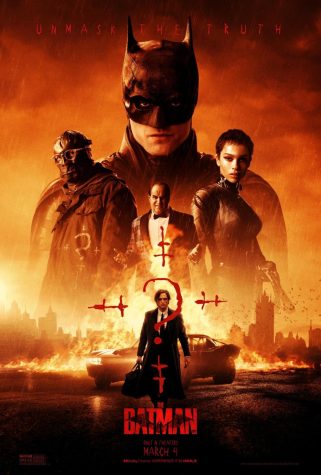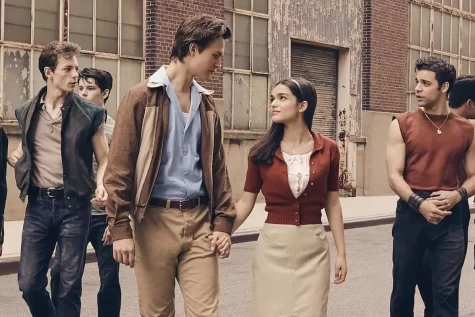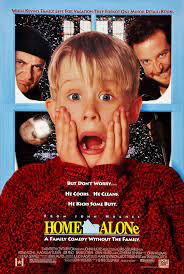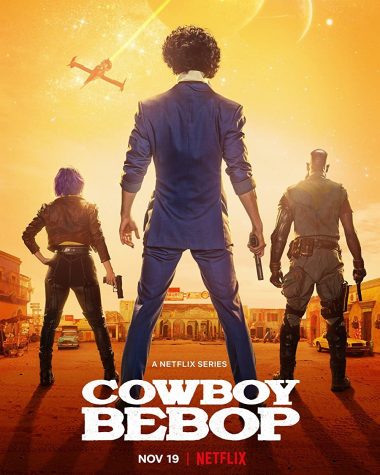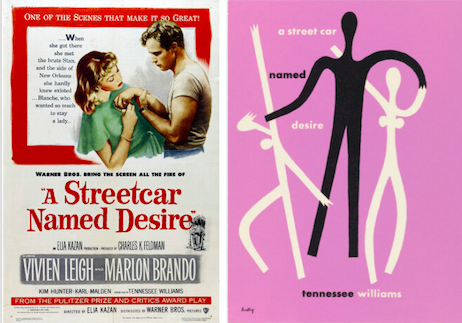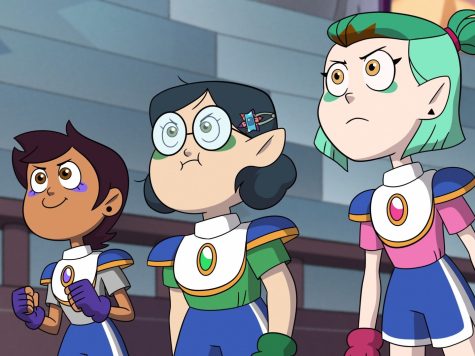The Move to Streaming Services for Entertainment
With the release of WandaVision on January 15 to Disney+, it seems as though we are officially entering into the realm of streaming services dominating the entertainment industry.
The release of WandaVision came just under a month after the release of DC’s Wonder Woman 1984 to HBOMAX, along with Warner Brothers (who owns HBO) planning to release all their films for 2021 both in theaters and on HBOMAX.
Obviously, the CoVid-19 pandemic has been the major catalyst for this shift to streaming services. But the truth is, this move has been coming for years now. We have seen Netflix Original Series going all the way back to 2014, with titles like House of Cards and Orange Is the New Black releasing exclusively onto Netflix.
In 2017, Manchester By The Sea, produced by Amazon and released on Amazon’s video services, snagged a Best Picture nomination, as well as 6 other nominations from the other major categories at the Oscars. In 2019, Roma, a Netflix production, was nominated for 10 Oscars (including Best Picture) and won 3 of them.
In 2020, Netflix’s The Irishman was nominated for 10 Oscars. The trend is obviously picking up, as more and more films are released every year onto these streaming services, but what does it mean for the entertainment industry at large?
We will start on the television side of things, with the aforementioned shows being released on Disney+ and Netflix, as well as many original series showing up on Hulu, Amazon Prime, and HBOMAX.
However, the big difference in television is that streaming services can recoup the money they spend making the shows by releasing many seasons of the show, bringing in new subscribers every time.
Another important thing to note for television is that broadcast television has been falling behind more and more every year, the streaming services have successfully executed a coup against traditional cable media, and with sports beginning to appear on Hulu, Disney+, and ESPN+, it seems as though cable television might become a thing of the past sooner than we may think.
The other important thing about television is that it is relatively cheap to make a television show (compared to a movie, that is). Actors would be lucky to make over a million dollars per season, even on big shows, whereas big movie stars are making 10-20 million dollars depending on the role.
There is also the cost of production, which is lower on a television show than on a movie. This is all to say that television, in moving to the streaming services, is not changing much from its previous model, it recoups the money it spent from people buying the subscription to the streaming service, compared to the previous model where they relied on contracts with networks, which relied on contracts from advertisers. The difference in watching a TV show, especially for a consumer, is not much different in the age of streaming services.
But then we move into movies. For a little bit of context, Wonder Woman 1984 cost an astounding 200 million dollars to make. Even for movies in normal years, that is on the high end, but in the age of the pandemic, that is absurdly high. A subscription to HBOMAX costs 15$ a month, and WW1984 was only on the service for a month.
To recoup the cost of the movie, HBOMAX would have had to see 13.3 million new subscribers come in during the month of January. The streaming service boasted 17 million in the final months of 2020.
To be able to make the money back, they would have had to essentially double their subscribers in a month. In a normal year, the film would have been just about a lock to make a billion dollars, the first one made 800 million, and this was a well-anticipated film in a popular cinematic universe.
The Irishman boasts a similar story, although it was released long before the pandemic, the film cost 159 million, which would have required about 16 million new subscribers to Netflix. Overall, these film studios are losing money when they release these films to their streaming services, instead of to theaters.
The shift from traditional theaters to the new streaming model has created an entirely new world of watching movies for viewers. Instead of having to trek out to a theater, buy a ticket, and sit in a theater with other people for 2 hours, they are now afforded the luxury of watching movies from the comfort of their own home, which seems like a positive for them, but ultimately, it is not.
The longer we stay on the streaming service model for films, the cheaper and cheaper films will have to become to make, in order to recoup the studio’s losses. It seems like the hold on streaming services is going to be the death of the blockbuster.
No longer will we see films come back with absurd box office receipts topping a billion dollars. They will be more modest, as will the budgets on these films. There are undoubtedly positives to the move to streaming services, but Warner Bros. announcing that all of their 2021 films will be released on HBOMAX is a major change to the film industry, and it is yet to be seen how this will be reconciled.


